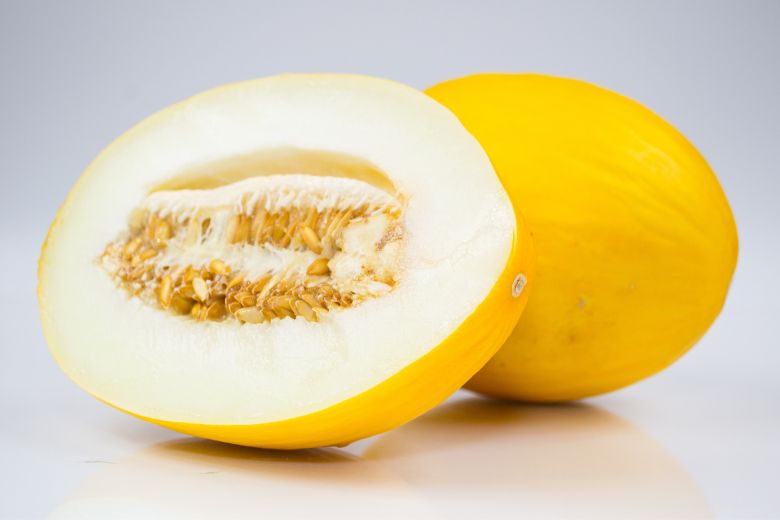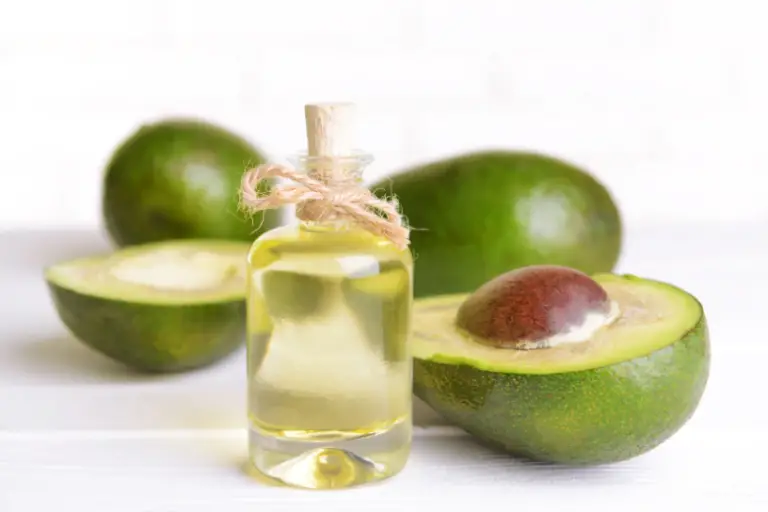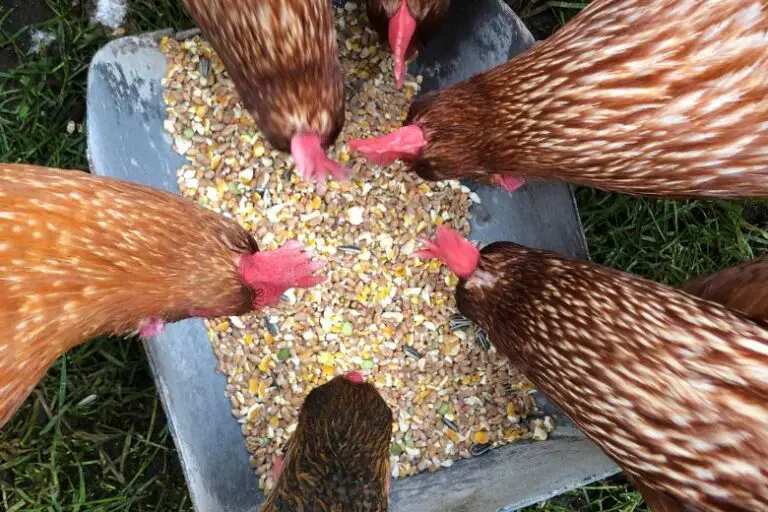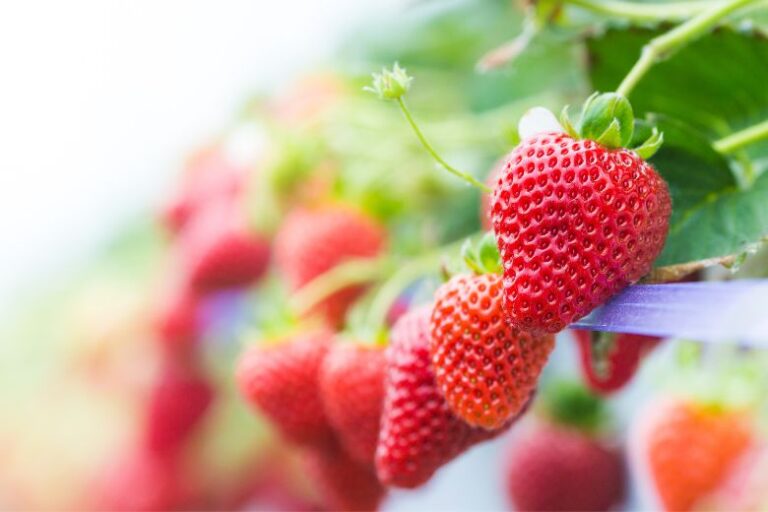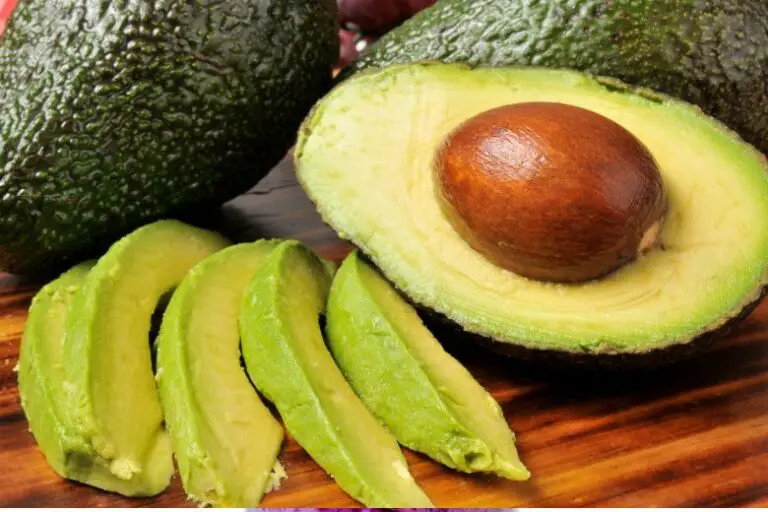What Is Yellow Melon
Yellow melon, scientifically known as Cucumis melo var. reticulatus, is believed to have originated in Africa and then spread to other parts of the world. It belongs to the Cucurbitaceae family, which includes cucumbers, pumpkins, and squash. The fruit’s vibrant yellow color and sweet flavor make it a popular choice during the hot summer months.
Distinctive Characteristics
Yellow melon stands out with its smooth, pale yellow skin that is covered in a subtle net-like pattern. Its flesh is juicy, succulent, and ranges from pale yellow to bright orange, depending on the variety. The melon is known for its sweet aroma, which becomes more pronounced as it ripens.
Nutritional Value
Yellow melon is not only a delicious treat but also a nutritional powerhouse. It is low in calories and fat, making it an excellent choice for those aiming to maintain a healthy weight. This fruit is also rich in essential vitamins and minerals, including:
- Vitamin C: Boosts the immune system and promotes healthy skin.
- Vitamin A: Supports vision, immune function, and skin health.
- Potassium: Helps regulate blood pressure and fluid balance.
- Fiber: Aids digestion and promotes a feeling of fullness.
Health Benefits
Hydration and Cooling Effect
With its high water content, yellow melon is incredibly hydrating, making it a perfect choice for quenching your thirst on hot days. Its natural cooling effect can help reduce body heat and keep you refreshed.
Rich in Vitamins and Minerals
Yellow melon’s impressive vitamin and mineral profile contributes to overall well-being. Vitamin C boosts collagen production, aiding in wound healing and maintaining healthy skin. Vitamin A supports vision and immune function, while potassium helps maintain a healthy heart.
Supports Digestive Health
The fiber content in yellow melon promotes healthy digestion by aiding regular bowel movements and preventing constipation. It also supports gut health by feeding beneficial gut bacteria.
Promotes Skin Radiance
The combination of vitamins A and C in yellow melon contributes to radiant and healthy skin. These vitamins help fight oxidative stress and promote collagen production, reducing the appearance of fine lines and wrinkles.
Aids Weight Management
Despite its sweet taste, yellow melon is relatively low in calories, making it a guilt-free indulgence for those watching their weight. Its high water and fiber content also contribute to a feeling of fullness, curbing overeating.
Selecting and Storing Yellow Melon
When selecting a ripe yellow melon, look for a fruit that feels heavy for its size and has a sweet aroma near the stem end. Avoid melons with soft spots or bruises. Once you’ve brought your melon home, store it at room temperature until fully ripe, then refrigerate to extend its freshness.
Preparing and Serving Yellow Melon
Simple Summer Salad
Create a refreshing summer salad by combining yellow melon chunks with fresh mint leaves, feta cheese, and a drizzle of balsamic glaze. The sweet and savory flavors will tantalize your taste buds.
Refreshing Smoothies
Blend yellow melon with Greek yogurt, a splash of orange juice, and a handful of berries for a nutritious and energizing smoothie that’s perfect for breakfast or a post-workout treat.
Frozen Melon Pops
Cut yellow melon into popsicle-sized slices, insert popsicle sticks, and freeze for a cool and wholesome snack that both kids and adults will love.
FAQs About Yellow Melon
- Is yellow melon good for weight loss?
- Yellow melon’s low calorie and high fiber content make it a suitable option for weight management.
- Can I eat the seeds of yellow melon?
- Yes, the seeds of yellow melon are edible and add a crunchy texture to the fruit.
- Does yellow melon have any allergy risks?
- Yellow melon is generally well-tolerated, but if you have a history of melon allergies, it’s advisable to exercise caution.
- Can I freeze yellow melon for future use?
- Absolutely, freezing yellow melon is a great way to preserve its freshness for later consumption.
- How can I incorporate yellow melon into my diet?
- You can enjoy yellow melon on its own, add it to fruit salads, blend it into smoothies, or even use it in frozen desserts.
Conclusion
Yellow melon is a delightful and nutritious summer fruit that brings a burst of sunshine to your plate. Its sweet flavor, high water content, and abundance of vitamins and minerals make it a valuable addition to your diet. Whether enjoyed on its own or incorporated into creative recipes, yellow melon is a true summer superstar, providing a refreshing and healthful way to beat the heat.

